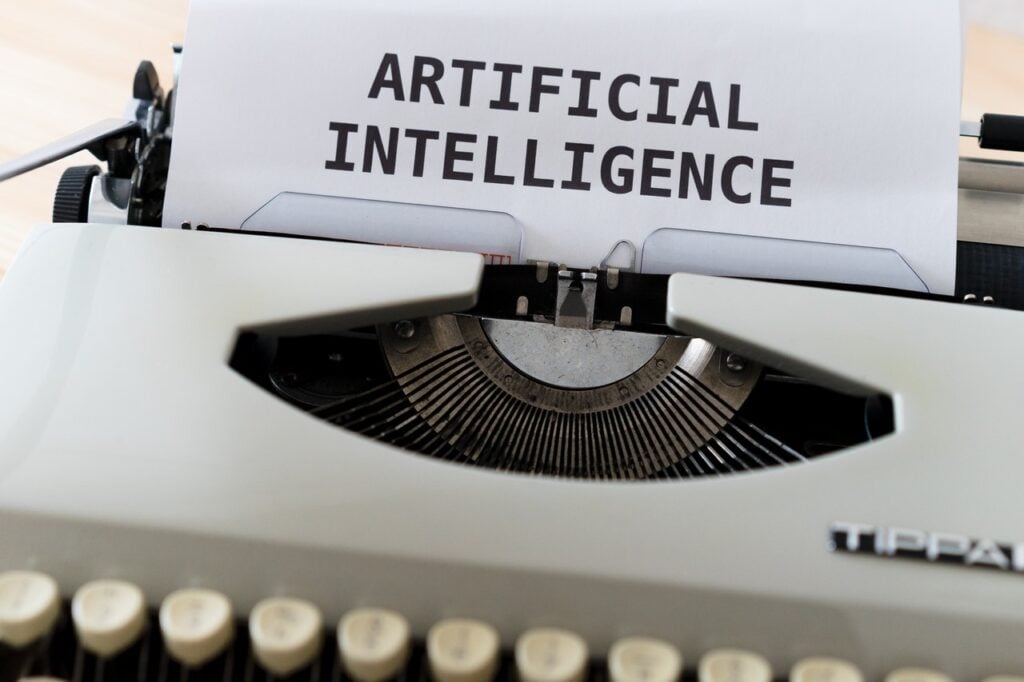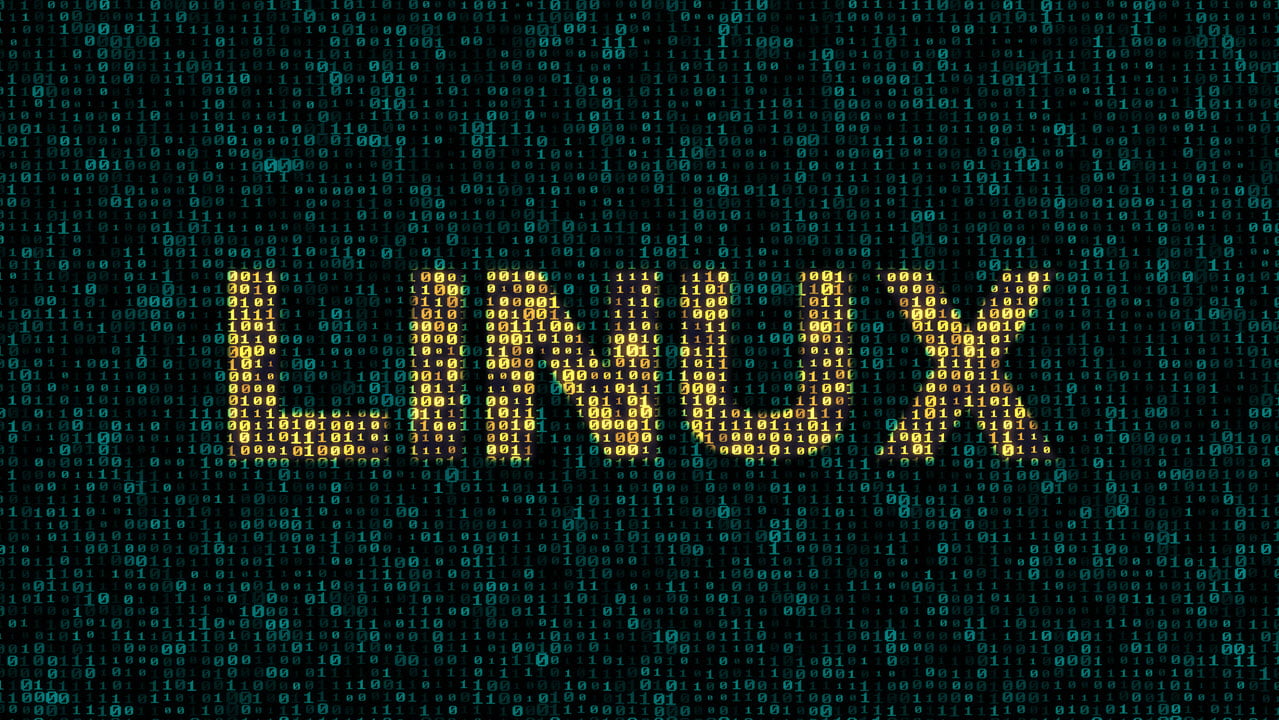Photo: Camilo Concha/Shutterstock.com
Condé Nast has entered into a multi-year agreement with OpenAI, the creator of ChatGPT and the emerging SearchGPT prototype, allowing the AI company to access content from The New Yorker, Vogue, Vanity Fair, GQ, Architectural Digest, Bon Appetit, and Wired.
This partnership with OpenAI is seen as a way to recoup some of the revenue due to changes in traditional search and advertising models, which have become increasingly dominated by tech giants, reports Wired.
However, the deal’s specifics remain undisclosed, leaving many questions about how the content will be used and what kind of compensation Condé Nast will receive in return.
“We’re collaborating with our news partners to collect feedback and insights on the design and performance of SearchGPT, ensuring that these integrations enhance user experiences and inform future updates to ChatGPT,” said OpenAI.
Although the deal will generate revenue for Condé Nast, it has also sparked concerns among its editorial staff and the broader journalistic community.
The NewsGuild of New York, which represents unionised Condé Nast employees, has expressed unease about the partnership’s implications.
“The growing encroachment of AI on journalism is a significant concern for our members,” Susan DeCarava, president of the NewsGuild told Wired. “We expect Condé Nast management to be transparent with us about how this technology will be used and the impact it may have on our work.”

The scepticism is not unfounded. Historically, AI companies have often used content without permission, leading to accusations of intellectual property theft and a series of legal challenges from media organisations.
Earlier this year, Condé Nast sent a cease-and-desist letter to the AI search engine startup Perplexity, demanding it stop using its content without authorisation.
Condé Nast and OpenAI partnership is part of a larger trend where media companies increasingly partner with AI firms to protect their content and ensure they remain visible in an evolving digital landscape.
Other major publishers, including The Atlantic, News Corp, and Financial Times have already entered into similar agreements with AI companies. These partnerships come as search engines and social media platforms, like Google and Facebook, integrate more AI-driven tools, reshaping how users discover and consume news.
However, not everyone is convinced that these deals are beneficial in the long term. Critics argue that such agreements may undermine journalism’s credibility and independence.
In May 2024, eight papers owned by Alden Global Capital sued OpenAI for copyright infringement. NYT filed a similar suit in December 2023.
In the News: Microchip hit by cyberattack, scaling back operations
Correction: We incorrectly mentioned that Alden Global Capital sued OpenAI. The story has been updated with the correct information.






